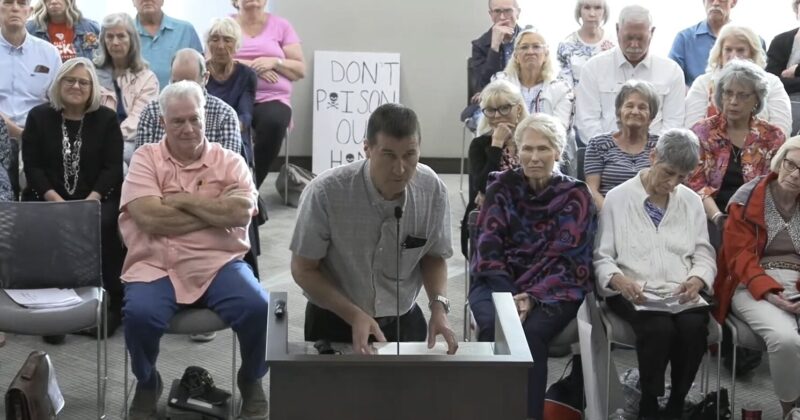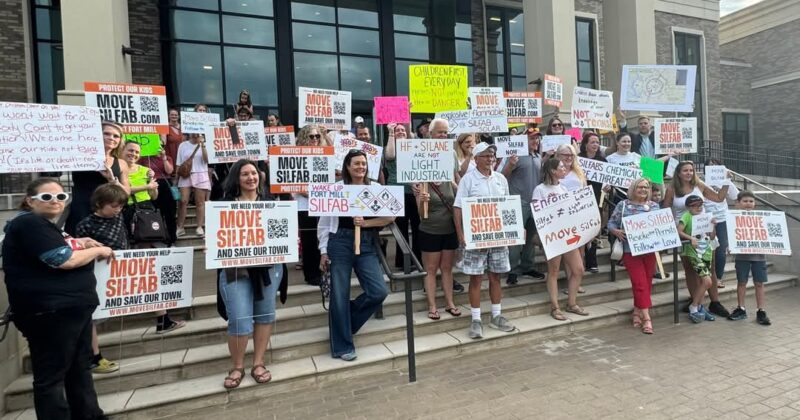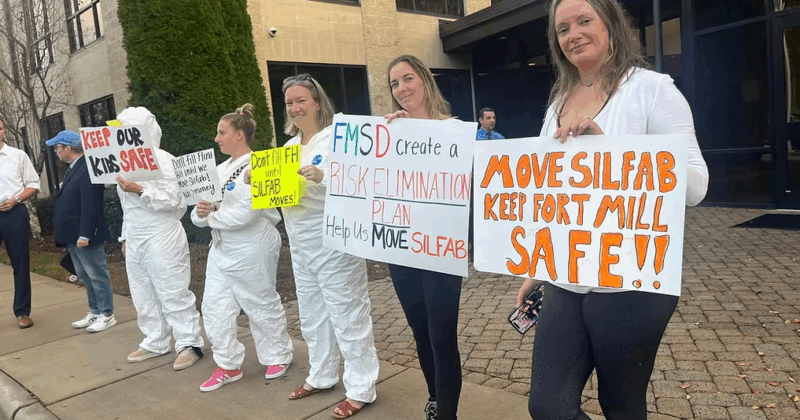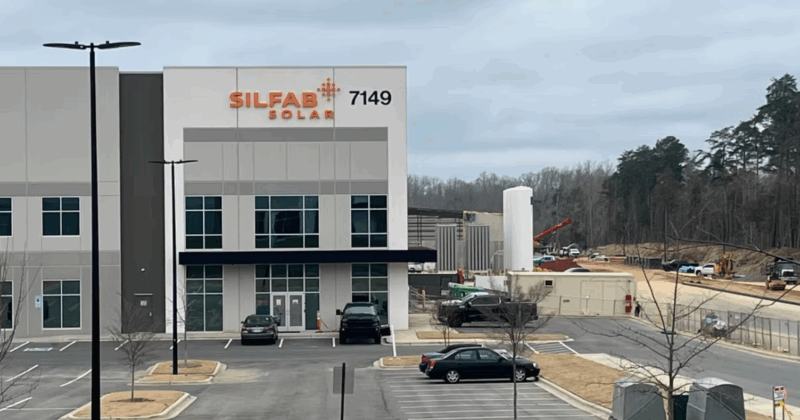
Silfab Saga Continues: Are York County Zoning Procedures Being Followed?
Court Dismisses Citizen Lawsuit, Questions Remain About Proper Permitting Process
On January 21, 2026, Judge G.D. Morgan Jr. issued an order dismissing a lawsuit brought by Dennis Floyd Bivins against York County and several of its officials regarding the Silfab Solar manufacturing facility in Fort Mill, South Carolina. The 22-page order, which was likely more than necessary for an order of this sort, dismissed the complaint with prejudice, finding that Bivins lacked standing to challenge the project and failed to state valid claims. However, a closer examination of the court’s reasoning alongside York County’s own zoning procedures reveals significant concerns about whether proper processes were followed.[1]
The Court’s Decision
Judge Morgan’s order addressed a lawsuit challenging York County’s approval of Silfab Solar’s manufacturing operations at 7149 Logistics Lane. Bivins, a neighboring property owner, sought declaratory relief, injunctions, and writs of mandamus and prohibition to halt the project, arguing that the county had issued permits without proper zoning compliance approval.
The court dismissed the case...









